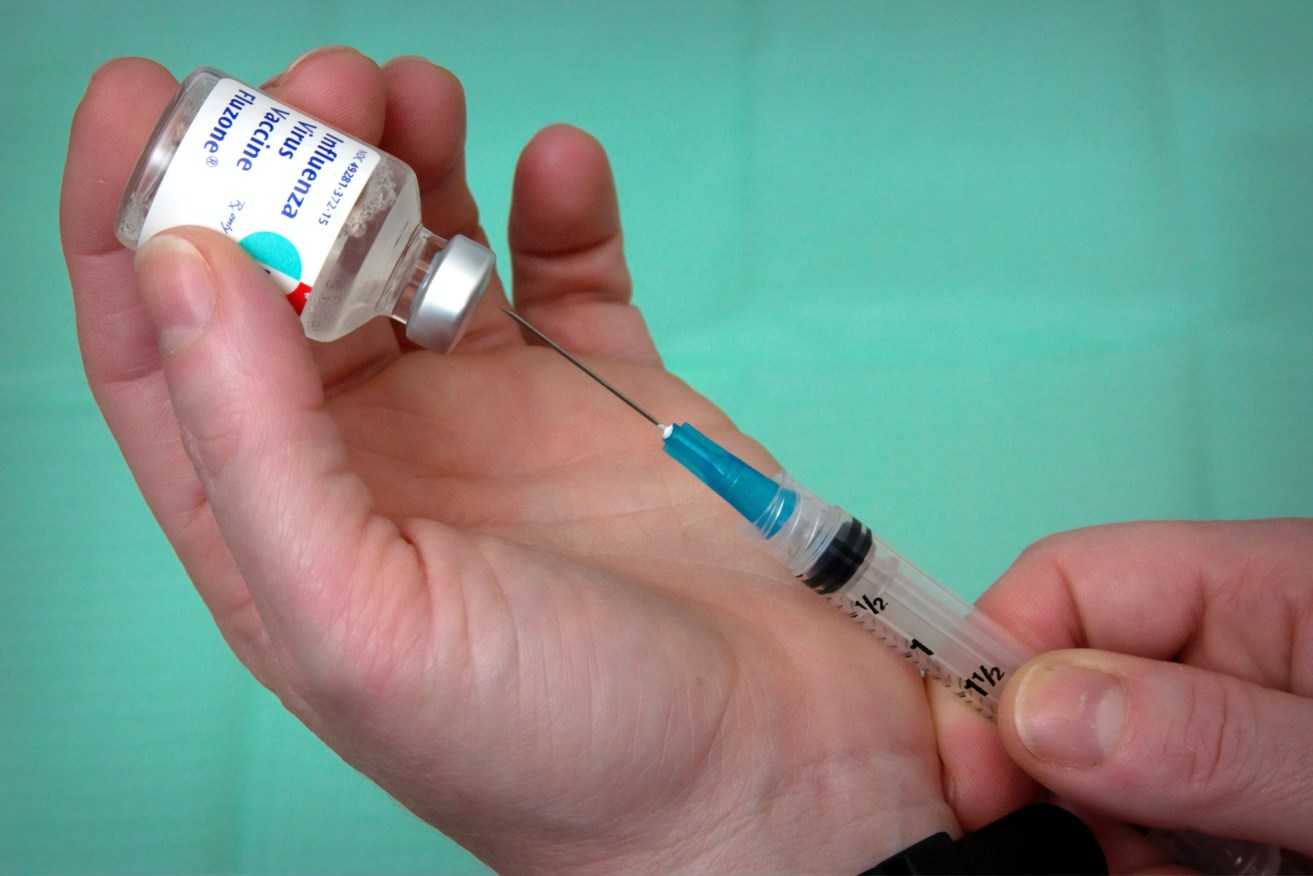Morrison’s $23 billion flu shot hits the mark – but cure’s a long way off
The Morrison Government gets it right with stimulus, but have they undercooked the health response? Dennis Atkins reports:


As big as the $23 billion headline number is, it looks and feels like the Morrison Government has got it about right but still might have undershot with its emergency response to the twin health and economic crises flowing from the Covid-19 virus.
We got a hint of the too-cautious reaction from Canberra on Wednesday when Prime Minister Scott Morrison and Health Minister Greg Hunt rolled out $2.4 billion for Medicare, hospitals and other parts of the health sector.
If they think $2.4 billion will be enough, they have another thing coming. The health side of this crisis has months to run and will get worse before it gets better.
In Britain last night, Chancellor Rishi Sunak carved out almost 20 per cent of that country’s massive $A60 billion package for the health system and he added this was the start of what would be a “blank cheque”.
There’s every chance health spending here will be back on the table when Treasurer Josh Frydenberg hands down his second Budget in May.
Today’s economic stimulus has two parts, money for individuals and subsidies and tax breaks for business.
Sensibly, the Government has jobs at the forefront of its thinking and policymaking. This is vital because the biggest threat from any economic shock is the loss of existing jobs and future employment opportunities – our last recession, which was a world-beating 19 years ago, left unemployment queues which lasted for more than a decade.
The business stimulus is, as Frydenberg said, temporary, targeted and (at the very least) proportionate. Wage subsidies and tax write-offs should assist business cash flow – helping employers keep workers on their books and have the incentive and confidence to invest in capital equipment and other productive infrastructure.
The money for individuals – loosely called a cash splash – is bigger than expected and targeted to more groups than foreshadowed.
The $750-a-head handouts for a range of pension beneficiaries, the unemployed and some welfare recipients – including those on family benefits – is sensible policy although it should have been bigger.
Taking these payments up to $1000 for each person would not have added much in terms of the overall economy – about $2 billion more – but could have given the nation a bigger consumption bang for the bucks going into people’s pockets.
It’s good to see the Government understands this is a demand crisis as much as it is a supply crisis – indeed as things evolve it is morphing more into a predominantly demand crisis.
The measures announced will go some way to helping demand – from discretionary spending to bigger investment decisions – and should be a big help in keeping the economy growing.
Treasury has told the government the package could add as much as 1.5 per cent to GDP in the months from April to June. There will need to be constant monitoring to ensure the responses are working or whether things need to be wound up with further stimulus.
Politically, what’s remarkable about this package is that it’s almost a copy – albeit a bit more modest – of the Rudd Government’s stimulus mark one from 2008: a big cash splash with measures aimed at businesses.
In fact, as a percentage of GDP this is a bigger set of measures than Kevin Rudd and Wayne Swan announced in December, 2008. It should be recalled that $10 billion in spending was soon seen as insufficient and the Labor Government was back less than three months later with a further $40 billion in stimulus.
You’d have to bet the Morrison Government wouldn’t do anything like that but it’s almost certain the job of responding to the Covid-19 health and economic crisis is far from over.












